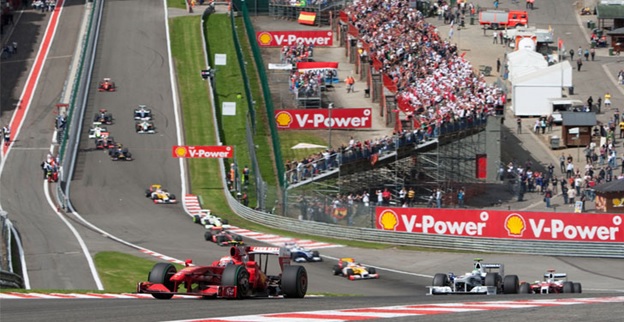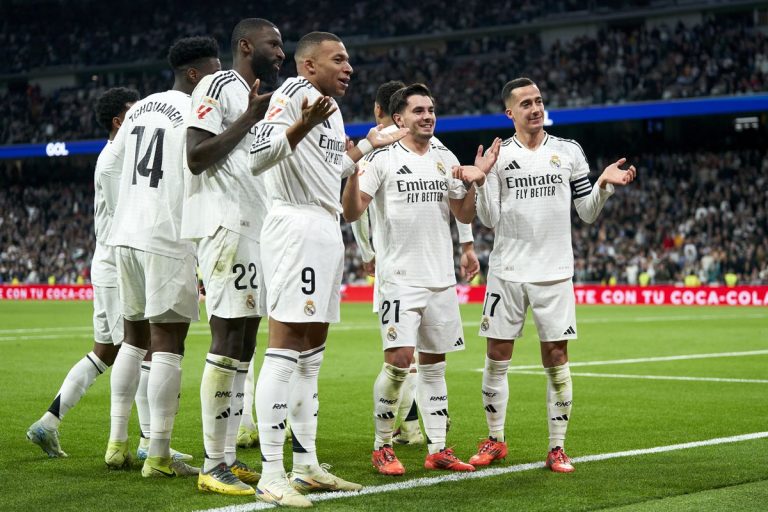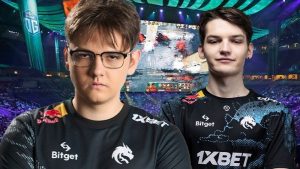Mercedes’ Lewis Hamilton earned second successive triumph on Sunday with Hungarian Grand Prix victory, opening up 24-point point lead in the F1 championship over Sebastian Vettel.
This gap should not be an illusion for Mercedes boss, Toto Wolff. He has warned that Ferrari still has the hand in pure performance, and that the Silver Arrows will have to react to not having to run after Ferrari every weekend.
“We won a race in Budapest, with 60 degrees of temperature on the track, and we did not think we could do it,” Wolff said.
“It gives me a good feeling: we learned more about the car and we can be more competitive under very hot temperatures in the future.
“For many years we have had a power unit advantage, but Ferrari is doing a better job today, so everyone has to try to catch up with them. We have regressed since the Red Bull Ring.” Wolff added.
Wolff admitted that Mercedes knew about the performance level of Ferrari so far, and hoped the team will make every effort to match the Italian manufacturer.
“I think it’s nice to be in a situation where you’re the challenger. Since 2013 we have not been the challenger and it is difficult to establish a new benchmark. Now we know what the performance level of Ferrari is, and we are very motivated to try to reach it. We will not rest until this is the case.” Wolff said.
“Andy Cowell [the power unit development manager] and his troops, including the engine integration teams in the chassis will make every effort to match Ferrari. We just have to really push hard on the chassis as well as on the engine plan, to find those extra gains in performance. It will be complex, but it will have to be done.” the Austrian added.

Formula 1 next race will be at Spa-Francorchamps circuit, Belgium. (Source:www.empirerv.co.uk)
The next races will be at Spa-Francorchamps circuit, where motor performance is absolutely crucial. The third spec of the engines will probably decide who the winner is.
“We’re going through an interesting phase in terms of our third engine of the season, we’re trying to figure out how much performance we can get to Spa and Monza,” Wolff said.
“Only when we know what the performance gain will be, will we decide whether to postpone the installation of this evolution.
“It’s very complex to find any new performance gain. It is very difficult to extract more performance without compromising reliability.” Wolff added.
















